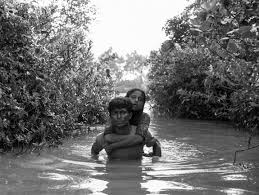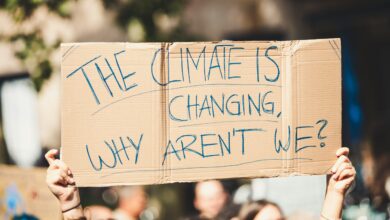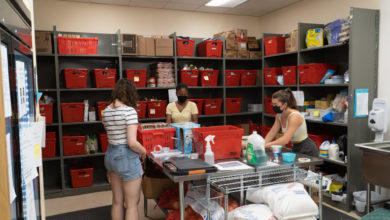Three years later: Rohingya Muslims continue to face persecution and are torn apart from their homes
Still at the centre of a refugee crisis, more than 70000 Rohingya Muslims have fled and live in a state of uncertainty.
 Medicin Sans Frontieres - Uo
Medicin Sans Frontieres - UoContent warning: The following article discusses violence and sexual assault.
This guest column is written through a partnership with the Friends of Medicins Sans Frontieres/Doctors Without Borders chapter at the University of Alberta and The Gateway.
Medecins sans Frontieres (MSF) has shared the unspeakable living conditions of Rohingya refugees in Bangladesh, where contaminated water and poor sanitation has led to numerous disease outbreaks.
Targeted as an ethnic minority by the Myanmar government, the Rohingya Muslims have been forced to flee their homeland in light of ongoing violence.
Over the past few months, the new COVID-19 vaccine and the 2020 American presidential elections have captured every headline on every major newspaper. Yet, the Rohingya Muslims, an ethnic group that originally resides in Myanmar, have been silently suffering as the government of Myanmar denies them citizenship and carries out violent attacks against them.
MSF has been onsite at refugee camps in Bangladesh, where food, water, and basic healthcare are at a very minimum. As a result, levels of disease are at an all time high within these camps, where many live in close quarters to one another, making disease transmission all the more likely. Over the course of two years, MSF witnessed 5,000 cases of measles and the reappearance of a buried illness; diphtheria, an infection caused by bacteria which spreads through coughing and sneezing. Though a vaccine has been developed and administered to populations since the 1930’s-40’s, MSF treated 6457 cases of diphtheria, largely due to inadequate medical care and unsafe living conditions.
Humanitarian aid has been blocked off in the Rakhine state, where the majority of Rohingya Muslims originate, however, MSF continues to help improve the refugees’ quality of life. Apart from medical aid, MSF has made clean drinking water more accessible within the camps and construction on a new road has begun, furthering MSF’s reach.
The work done by MSF has drastically improved the quality of life of the Rohingya Muslims, but their struggle is far from over. Thousands have been displaced from their homes, killed, beaten, and sexually assaulted. A genocide is occurring right before our eyes, yet many governments continue to remain silent. Just because the Rohingya crisis is no longer making headlines doesn’t mean we can back away. The Myanmar government must stop this persecution. Are we really going to let history repeat itself?
This guest column is written through a partnership with the Friends of Medicins Sans Frontieres/Doctors Without Borders chapter at the University of Alberta and The Gateway. If you are interested in learning more about this organization as a whole, visit their website.




